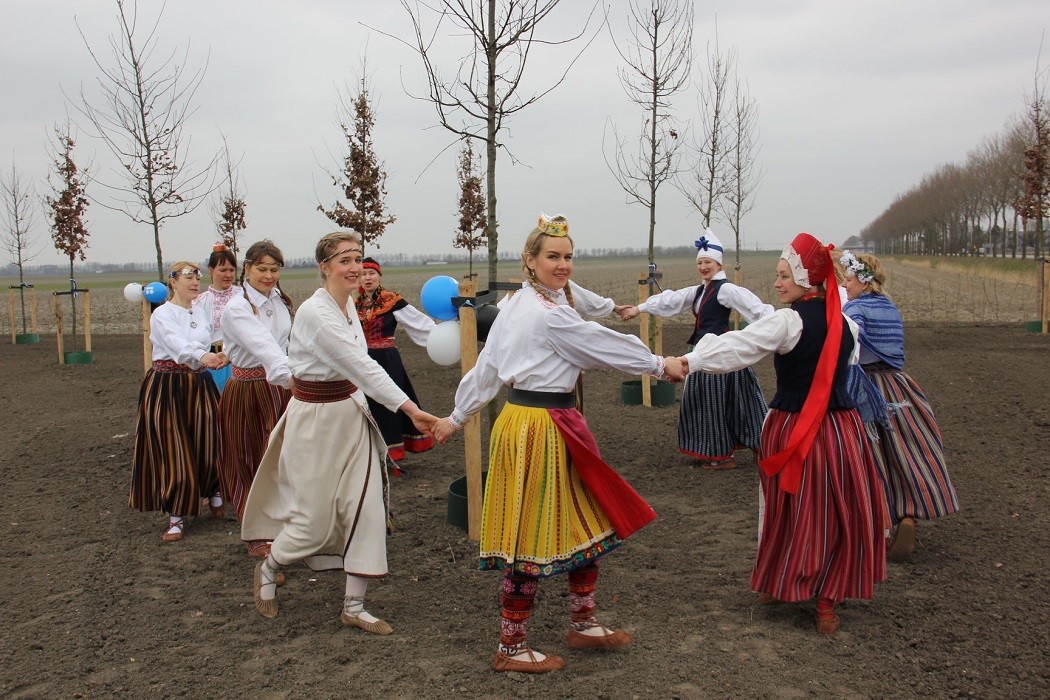According to a recently-published paper by the Pew Research Center, Estonians are one of the least culturally chauvinist nations in Europe; however, the Estonians’ attitude towards Muslims is not very friendly.
The Pew survey measured public attitudes toward religion, minorities and social issues such as gay marriage and legal abortion in 34 Western, Central and Eastern European countries. It concluded that even though the Iron Curtain was long gone, the continent today is split by stark differences in public attitudes.
For example, in nearly every Central and Eastern European country polled, fewer than half of adults say they would be willing to accept Muslims into their family; in nearly every Western European country surveyed, more than half say they would accept a Muslim into their family. A similar divide emerges between Central/Eastern Europe and Western Europe with regard to accepting Jews into one’s family.
When it comes to Estonia, only 25% of the respondents said they would accept Muslims as members of their family. In Latvia, the percentage was 19 and in Lithuania a mere 16. In a sharp contrast, 82% of Norwegians would accept Muslims as members of their family, and 80% of the Swedes think the same.
Religion not important
However, 61 per cent of Estonians would accept a Jewish person as members of their family. That’s considerably higher, for example, than the percentage of Lithuanians who’d do the same – 41 – and somewhat higher than that of Latvians – 53.
Attitudes toward religious minorities in the region go hand in hand with differing conceptions of national identity. “When they were in the Soviet Union’s sphere of influence, many Central and Eastern European countries officially kept religion out of public life. But today, for most people living in the former Eastern bloc, being Christian (whether Catholic or Orthodox) is an important component of their national identity,” Pew says.
However, not every country in Europe neatly falls into this pattern. “For example, in the Baltic states of Latvia and Estonia, the vast majority of people say being Christian (specifically Lutheran) is not important to their national identity. Still, relatively few express willingness to accept Muslims as family members or neighbours.”
Estonians don’t feel culturally superior to others
In the survey, the research centre also asked respondents across the continent whether they agree with the statement, “our people are not perfect, but our culture is superior to others”. “While there are exceptions, Central and Eastern Europeans overall are more inclined to say their culture is superior. The eight countries where this attitude is most prevalent are all geographically in the East: Greece, Georgia, Armenia, Bulgaria, Russia, Bosnia, Romania and Serbia.”
Estonia, however, is a positive exception in this pattern. Only 23% of Estonians think they’re culturally superior to others; in Latvia, the percentage is 38, in Lithuania 37 and in Russia a whopping 69. Even 49% of Finns think they’re culturally superior to others.
When it comes to same-sex marriage, Pew says majorities favour it in every Western European country surveyed, and nearly all of these countries have legalised the practice. “Public sentiment is very different in Central and Eastern Europe, where majorities in nearly all countries surveyed oppose allowing gays and lesbians to marry legally. None of the Central and Eastern European countries surveyed allow same-sex marriages.”
Strong opposition to equal marriage in Estonia
In Estonia, where same-sex marriage is technically also not allowed, but civil unions are recognised by the state, a majority of 71% of the people oppose equal marriage. It is less than in heavily Catholic Lithuania (85%), but significantly more than equally heavily Catholic Poland (59%). The most tolerant people towards same-sex marriage live in Sweden (88% in favour), Denmark and the Netherlands (in both, 86% in favour).
Estonia does stand out positively in the question of legal abortion. 81% of the respondents favour it, which is a lot more than in most Eastern European countries – and even more than in many countries in the West. For example, only 60% of Portuguese and 65% of Italians favour legal abortion. Looking at Latvia and Lithuania, the percentage favouring legal abortion is even lower – 55 and 52, respectively.
The Pew Research Center conducted the survey between 2015 and 2017 among nearly 56,000 adults – ages 18 and older – in 34 Western, Central and Eastern European countries.
Pew is a nonpartisan American fact tank based in Washington, DC. It provides information on social issues, public opinion, and demographic trends shaping the United States and the world.
I
The cover image is illustrative (Pexels).




